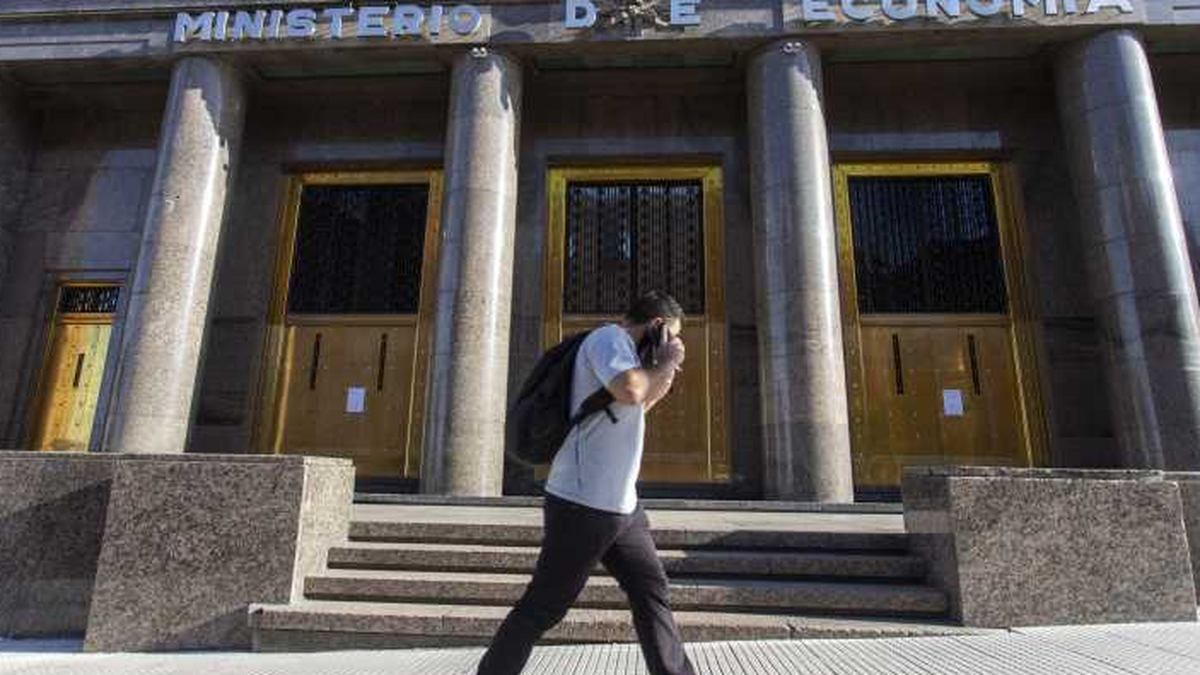The challenge is to achieve a greater participation of the private sector in this type of operations and that the “duration” can be stretched, which does not exceed three and a half months.
According to the Congressional Budget Office (OPC) in January bonds at nominal values for a total of $416,694 million mature, of which $408,268 million are principal amortizations and $8,426 million interests. This Monday a BOCON (PR13) for $1,036 million expires and on Wednesday interests of the BONTE 2024 (TB24) for $1,648 million. The main commitment will be this Friday when a LECER (X20E3) for $255,079 million and LELITES for $53,341 million expire. Then for January 26 there will be interest for $6,752 million of a BONCER 2024 (T2X4) and for January 31 $98,838 million of an LEDE (S31E3).
Secondly, The Treasury has to pay this month $42,000 million of Temporary Advances from the Central Bank; interest for $3,374 million from a bond held by the ANSES Sustainability Guarantee Fund and $653 million in amortization and interest on various loans.
In reference to the December debt conversion operation, WISE fund manager stated in its last report that “the Government exchanged a large part of the maturities of the first quarter, at the expense of continue concentrating the debt in the second and third quarters”. “The good news is that more than 60% is in the hands of the public sector. The problem is the $4 trillion in the hands of the private sector that renews in the short term and they don’t want anything that expires after the elections”, indicated WISE.
The report maintains that “if there is no serious promise from the opposition that they will not reshape the debt in pesos, it is likely that a good part of the private companies will run from the market.” “Assuming that, As in the swap, only decide to accompany 35% of the private sector, it means that almost $3.4 trillion would leave the market”the administrator warned. In this sense, WISE stated that “the BCRA can sustain prices by issuing to buy debt in the secondary market, but at the cost of greater pressure on inflation and parallel dollars.”
On her side, the Consulting firm Vatnet Financial Research indicated that up to now the Government “has shown a lot of inventiveness; but this year will collide with the reality of large commitments in pesos and in currencies that add suspense to the local financial drama”.
While, Quantum consultancy, run by economist Daniel Marx, carried out an analysis of the performance of the different financial instruments in pesos that are in the market compared against the devaluation rate and inflation. The consultancy maintains that it would be convenient for investors to invest in fixed-rate discount bills (LEDES). in the event that inflation remains low, below 6.2% per month. They currently offer better yields than inflation-adjustable bills (LECER) or dollar-linked bonds.
Source: Ambito
David William is a talented author who has made a name for himself in the world of writing. He is a professional author who writes on a wide range of topics, from general interest to opinion news. David is currently working as a writer at 24 hours worlds where he brings his unique perspective and in-depth research to his articles, making them both informative and engaging.




